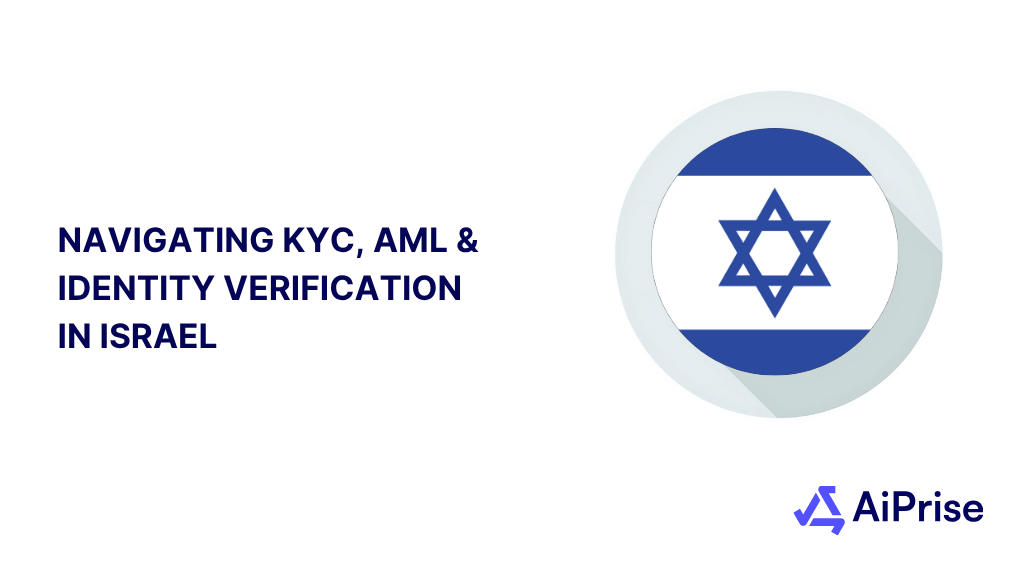AiPrise
12 mins read
June 10, 2025
Navigating KYC, AML and Identity Verification in Yemen

Key Takeaways










The financial landscape in Yemen is shaped by both challenges and opportunities. So, businesses must stay ahead of global financial regulations to thrive in an increasingly digital world.
The country’s growing involvement in international trade, remittances, and digital transactions makes it crucial for businesses to adopt robust systems for Know Your Customer (KYC), Anti-Money Laundering (AML), and identity verification. While these measures are vital for ensuring compliance and preventing financial crimes, their implementation in Yemen presents unique obstacles.
This blog delves into why KYC, AML, and identity verification are critical in Yemen, the specific hurdles businesses face, and the steps companies can take to navigate the complexities of compliance effectively.
A Glimpse into Yemen’s Financial Landscape
For much of Yemen's modern history, the financial and regulatory infrastructure has been underdeveloped, and the country’s ongoing conflict has further complicated efforts to modernize the financial sector.
Yemen's entry into the global financial system was slower than that of many other countries, primarily due to its geopolitical situation and limited technological advancements.
Historical Financial Landscape in Yemen:
- Pre-2010s: Yemen’s financial system was relatively underdeveloped, with limited infrastructure for financial transactions, banking, and regulatory compliance. While the country participated in the Arab world’s regional financial networks, systems for tracking financial crimes like money laundering were basic at best.
- 2010-2015: As Yemen sought to modernize and attract foreign investment, there was a gradual push to implement more sophisticated regulatory frameworks. However, the lack of a stable political environment and the onset of civil unrest during this period slowed the progress of modern financial compliance infrastructure.
The government began making strides in integrating some financial regulations aligned with regional and international standards, but these efforts were often inconsistent.
- 2015-Present: With the escalation of the conflict and the resulting fragmentation of Yemen’s financial sector, it became increasingly difficult for local businesses to implement or maintain adequate KYC and AML processes.
The central government’s authority waned, and businesses had to rely on limited resources to comply with financial regulations. Access to international financial networks became even more restricted, which made it harder to integrate global KYC and AML systems.
Despite ongoing challenges, international pressure from financial bodies such as the Financial Action Task Force (FATF) has helped drive gradual improvements in Yemen’s regulatory environment.
As the need for strong financial systems and compliance protocols grows, it is important to understand the key regulatory bodies and laws that govern KYC, AML, and identity verification in Yemen.
Regulatory Bodies and Laws in Yemen
While KYC and AML efforts in Yemen face significant challenges, recent regulatory improvements indicate steady progress toward aligning with international standards. The cornerstone of Yemen’s financial crime prevention framework is Law No. 1/2010 on Combating Money Laundering and Financing of Terrorism, later amended by Law No. 17 of 2013.
These laws establish clear guidelines for customer due diligence, identity verification, and reporting suspicious activities.
Key regulatory bodies include:
- Central Bank of Yemen: CBY oversees financial institutions to ensure AML and KYC compliance.
- Yemeni Financial Intelligence Unit: YFIU monitors and analyzes suspicious financial transactions.
- Ministry of Justice: Enforces AML laws and collaborates with law enforcement agencies.
- Financial Action Task Force (FATF): An international body whose standards influence Yemen’s regulatory reforms.
Essential Legal Obligations:
- Enhanced Due Diligence (EDD) applies to higher-risk customers, such as Politically Exposed Persons (PEPs), requiring ongoing monitoring against global watchlists.
- Businesses must retain due diligence and KYC records for at least five years.
- Despite challenges, adopting digital KYC and AML solutions and partnering with international service providers are encouraged to improve compliance and security.
Understanding these bodies and laws is essential to appreciating why KYC, AML, and identity verification play such a critical role in Yemen’s financial sector.
The Role of KYC, AML, and Identity Verification in Yemen

Before addressing the challenges, let’s first examine why these processes are crucial for businesses operating in Yemen, especially given the country’s international engagement and security concerns.
Ensuring Compliance with Global Standards
As Yemen continues to participate in global trade and financial activities, complying with international standards for KYC and AML has become non-negotiable. Global partners and financial institutions require that businesses adhere to these practices to ensure that transactions are legitimate and free from financial crimes.
By following KYC and AML guidelines, Yemeni businesses can avoid sanctions and maintain smooth international transactions.
Preventing Financial Crimes and Illicit Activities
Yemen’s ongoing political instability has made it a potential hotspot for financial crimes such as money laundering, terrorism financing, and fraud. Implementing KYC and AML measures plays a significant role in protecting businesses from becoming inadvertently involved in these illegal activities.
These processes help monitor and flag suspicious activities, reducing the risk of penalties and reputational damage.
Enhancing Financial Integrity and Reputation
By adopting strong KYC and AML procedures, Yemeni businesses demonstrate their commitment to transparency and security. This enhances their reputation, not only domestically but also internationally.
Compliance with these regulations helps instill confidence among customers and partners, leading to stronger business relationships and increased opportunities in global markets.
Key Challenges for Businesses in Yemen
While the importance of KYC, AML, and identity verification is clear, businesses in Yemen face specific challenges when implementing these procedures. They can overcome these challenges through strategic planning and technological solutions.
Lack of Advanced Financial Infrastructure
The ongoing conflict in Yemen has severely impacted the development of modern financial infrastructure. Many businesses still rely on manual processes, which can be slow and prone to human error.
This makes it difficult to implement efficient identity verification and AML monitoring systems. Without a reliable infrastructure, businesses are at a higher risk of non-compliance.
Limited Access to International Databases
Access to global databases and real-time information is essential for KYC and AML compliance. However, due to Yemen's geopolitical challenges, businesses in the country may struggle to access the global data sources needed to meet international standards.
This can make it difficult to track the status of individuals or entities involved in financial transactions.
Resistance to Change and Low Awareness
There is often a lack of understanding regarding the importance of KYC and AML compliance among local businesses and customers. In Yemen, where financial literacy is still developing, businesses may encounter resistance from customers who are unfamiliar with these processes.
Without proper education and outreach, businesses might struggle to ensure that their customers comply with necessary verification protocols.
Security Risks and Record-Keeping Challenges
The security situation in Yemen can make record-keeping and identity verification more difficult. With limited access to reliable databases, records may be incomplete, and verification may be challenging, especially when customers are located in remote areas or do not have formal identification documentation.
A Step-by-Step Approach to KYC, AML, and Identity Verification

Despite the challenges businesses in Yemen face, implementing effective KYC, AML, and identity verification is possible with a strategic, step-by-step approach. Here’s how:
Implement Digital KYC and AML Solutions
- Step 1: Choose an automated identity verification platform that integrates AI and machine learning to verify customers remotely, reducing the reliance on manual checks.
- Step 2: Use biometric technologies, such as facial recognition, for quick and secure identity verification.
Partner with International Providers
- Step 1: Collaborate with global KYC/AML service providers to gain access to international databases and real-time data on sanctions lists, PEPs (politically exposed persons), and criminal activities.
- Step 2: Ensure continuous monitoring of transactions through these providers to flag suspicious activities.
Educate Customers
- Step 1: Educate customers on the importance of KYC and AML through clear communication, such as emails, SMS, or online resources.
- Step 2: Build customer trust by explaining how these measures protect their financial security and ensure a smooth transaction process.
Align with Regulatory Standards
- Step 1: Stay current with Yemeni financial regulations and international standards by maintaining regular contact with local regulatory bodies.
- Step 2: Adjust internal processes to meet both local and global compliance requirements, reducing the risk of penalties.
Use Scalable and Flexible Solutions
- Step 1: Implement KYC and AML tools that can grow with your business needs and adapt to any changes in local regulations or security concerns.
- Step 2: Ensure the system allows easy updates to keep up with evolving market and regulatory demands.
By following these steps, businesses in Yemen can streamline their KYC, AML, and identity verification processes, ensuring compliance, security, and operational efficiency in an increasingly complex financial environment.
Benefits of Effective KYC, AML, and Identity Verification in Yemen
Implementing strong KYC, AML, and identity verification processes offers numerous benefits to businesses in Yemen. These advantages extend beyond just regulatory compliance and can help businesses thrive in a competitive, global market.

How AiPrise Supports Identity Verification in Yemen
Meeting Yemen’s financial and compliance challenges requires reliable and flexible identity verification solutions. AiPrise offers a reliable platform that helps businesses handle these needs by combining advanced technology with access to global data. Here’s how AiPrise supports KYC and AML efforts in Yemen:
- Uses AI-based digital verification tools to securely confirm customer identities remotely, reducing the need for manual checks.
- Connects to international databases for up-to-date sanctions screening, PEP lists, and watchlist monitoring.
- Provides scalable solutions that adjust to changing local and global regulations.
- Improves efficiency by automating verification processes and lowering the chance of errors.
- Helps businesses build customer trust through secure and transparent identity checks.
With AiPrise, businesses in Yemen can overcome challenges related to infrastructure and compliance, allowing them to meet international standards and grow confidently in the market.
Conclusion
Managing KYC, AML, and identity verification in Yemen presents unique challenges, but by adopting modern, scalable solutions, businesses can ensure compliance and reduce fraud risk. Using digital verification tools, partnering with international providers, educating customers, and staying aligned with regulations will help Yemeni businesses meet both local and international standards.
If you’re ready to implement secure, efficient KYC and AML solutions that ensure compliance and protect your business, AiPrise offers cutting-edge tools and expertise to support your efforts. Book a Demo to discover how we can help streamline your compliance processes and safeguard your operations.
Frequently Asked Questions (FAQs)
1. What are the main KYC and AML regulations in Yemen?
Yemen’s primary AML framework is governed by Law No. 1/2010 on Combating Money Laundering and Financing of Terrorism, amended by Law No. 17 of 2013. These laws require businesses to conduct customer due diligence, identity verification, and suspicious transaction reporting to comply with international standards.
2. Which regulatory bodies oversee KYC and AML compliance in Yemen?
Key bodies include the Central Bank of Yemen, the Yemeni Financial Intelligence Unit (FIU), and the Ministry of Justice. The Financial Action Task Force (FATF) also influences regulatory reforms by setting global AML guidelines.
3. Why is KYC and AML important for businesses in Yemen?
KYC and AML help prevent financial crimes like money laundering, terrorism financing, and fraud. Compliance protects businesses from penalties, sanctions, and reputational damage while enabling smoother international transactions.
4. What challenges do Yemeni businesses face when implementing KYC and AML?
Challenges include underdeveloped financial infrastructure, limited access to international databases, customer resistance due to low awareness, and security risks that complicate record keeping and verification.
5. What types of identity documents are accepted for KYC in Yemen?
Government-issued photo IDs such as passports, driving licenses, and residence permits are commonly used for identity verification. Proof of address documents like utility bills and bank statements are also required.
6. How can Yemeni businesses improve their KYC and AML processes?
Businesses can adopt digital identity verification tools using AI and biometric technology, partner with international service providers for access to global databases, educate customers on compliance importance, and stay updated with local and global regulations.
7. How long must businesses retain KYC and AML records in Yemen?
Yemeni regulations require that due diligence and verification records be retained for at least five years to comply with AML obligations.
8. What is Enhanced Due Diligence (EDD) and when is it applied?
EDD involves extra scrutiny for high-risk customers, such as Politically Exposed Persons (PEPs), requiring ongoing monitoring and screening against international watchlists.
9. How does political instability in Yemen affect KYC and AML efforts?
Political instability limits infrastructure development and access to global financial networks, making it harder for businesses to implement and maintain effective KYC and AML procedures.
10. How does AiPrise support businesses in Yemen with KYC and AML compliance?
AiPrise offers advanced digital verification tools, global data integration, and compliance expertise to streamline KYC and AML processes, reduce fraud risk, and help businesses meet both local and international regulatory standards.
You might want to read these...

AiPrise’s data coverage and AI agents were the deciding factors for us. They’ve made our onboarding 80% faster. It is also a very intuitive platform.





Speed Up Your Compliance by 10x
Automate your compliance processes with AiPrise and focus on growing your business.




.jpg)




















.jpeg)







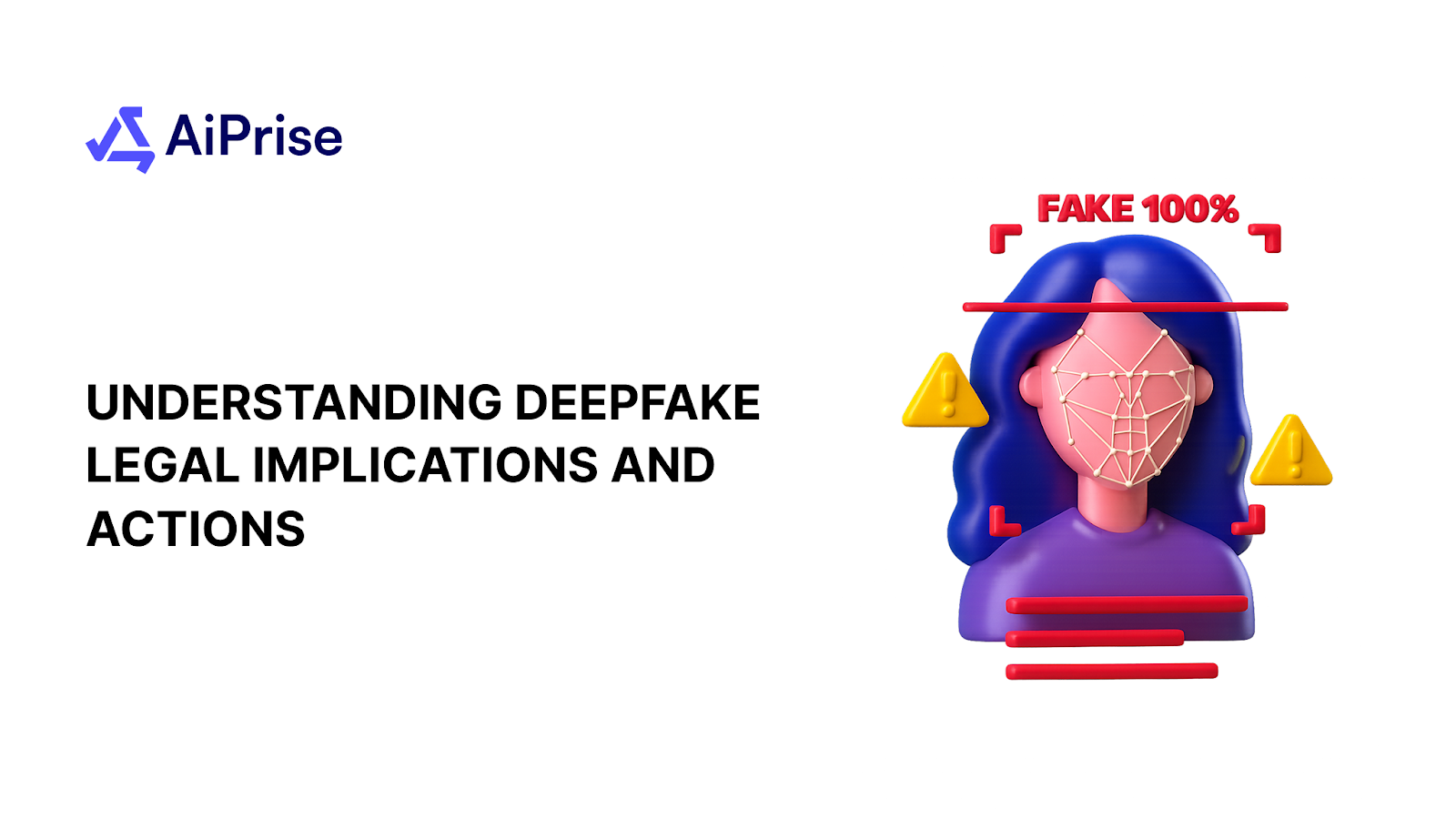
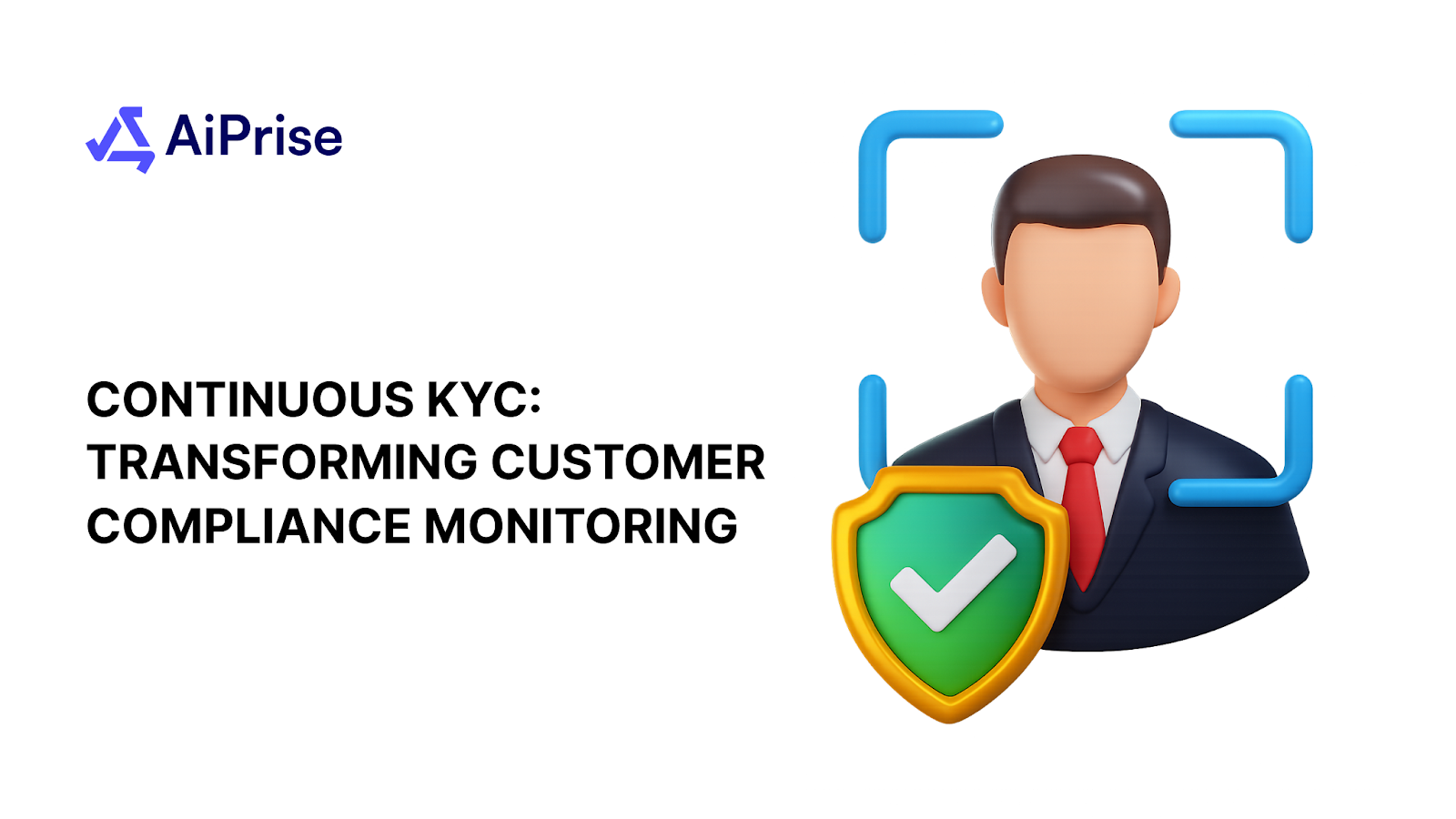

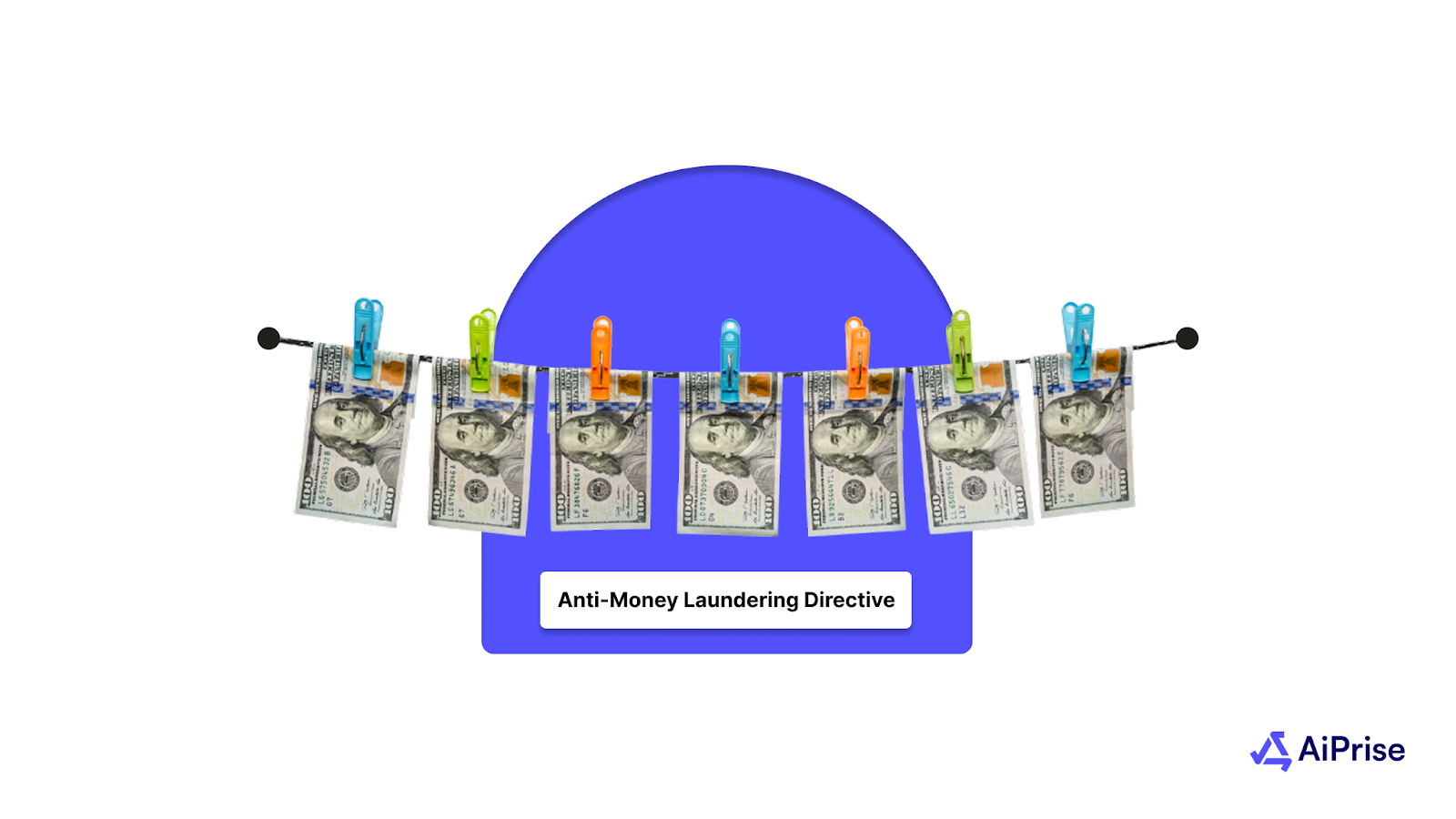

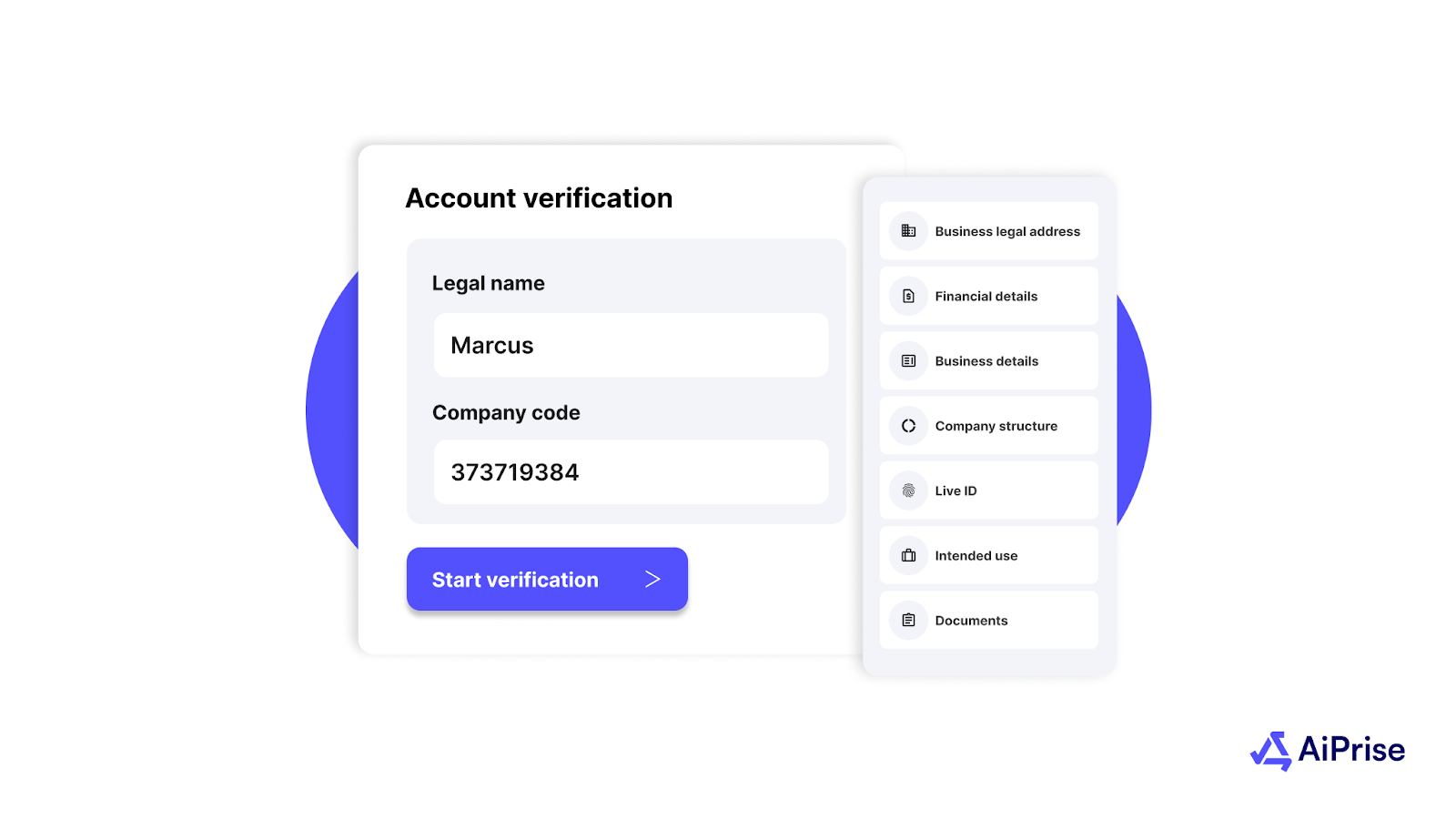

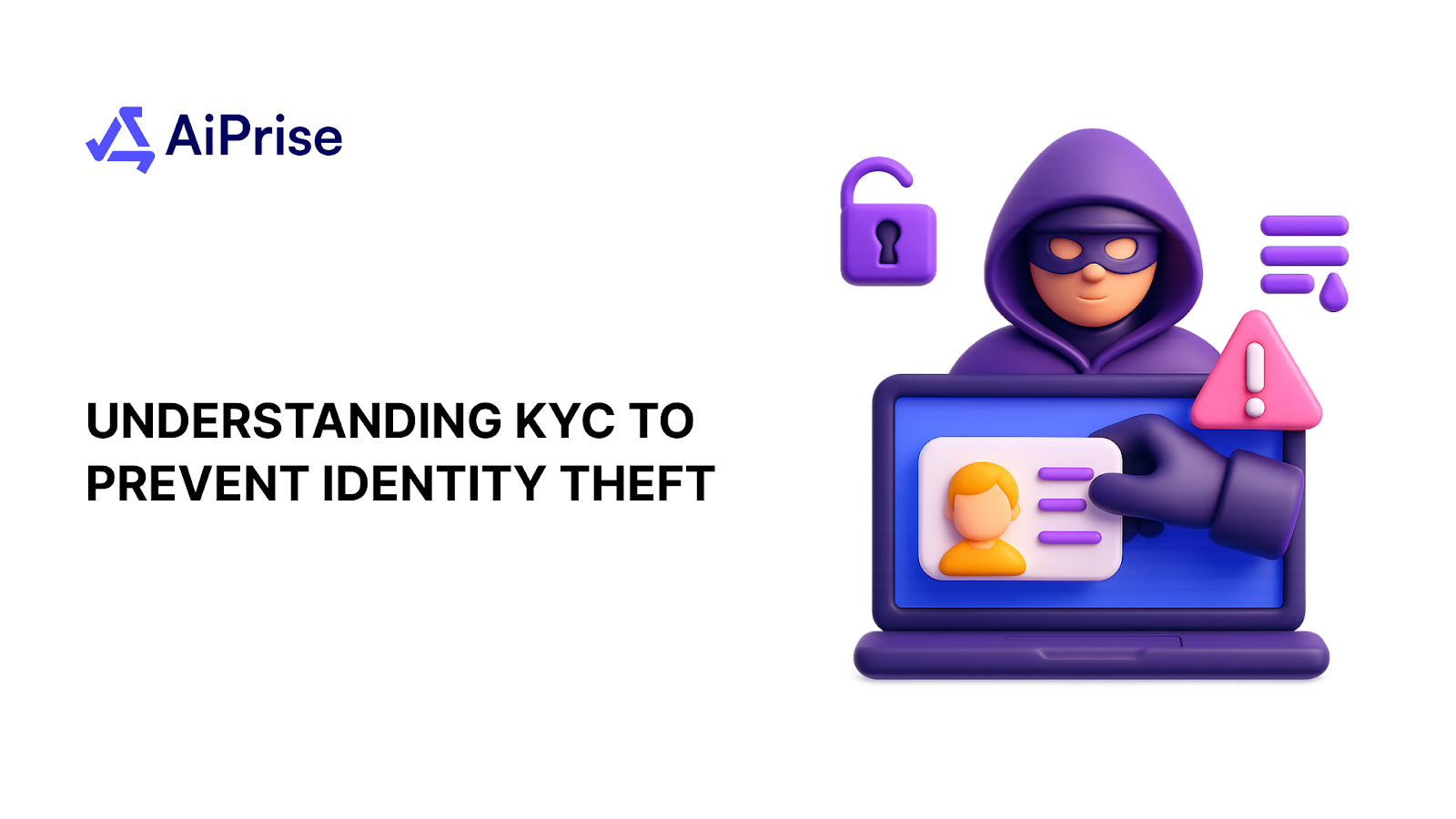
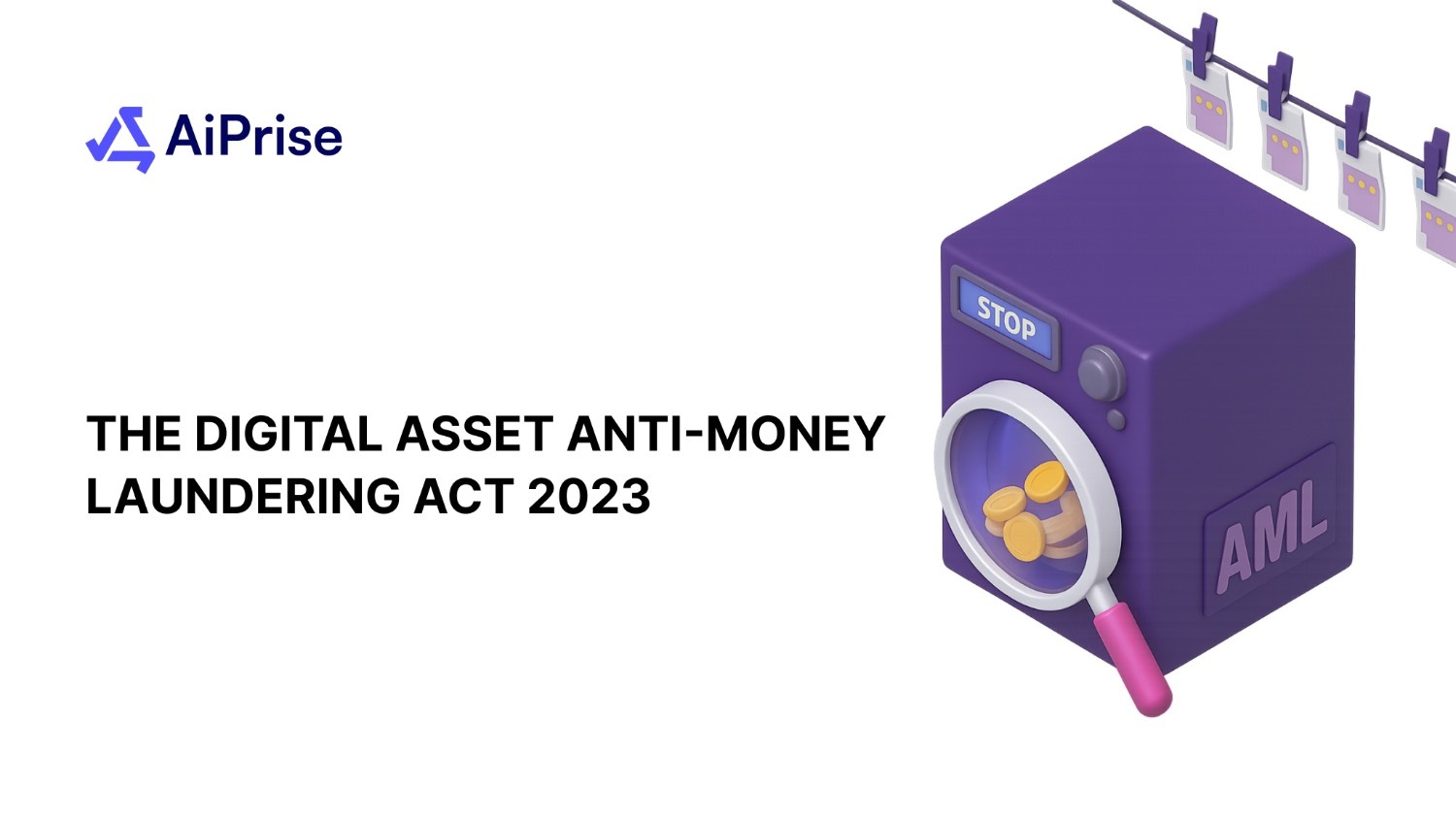


.png)
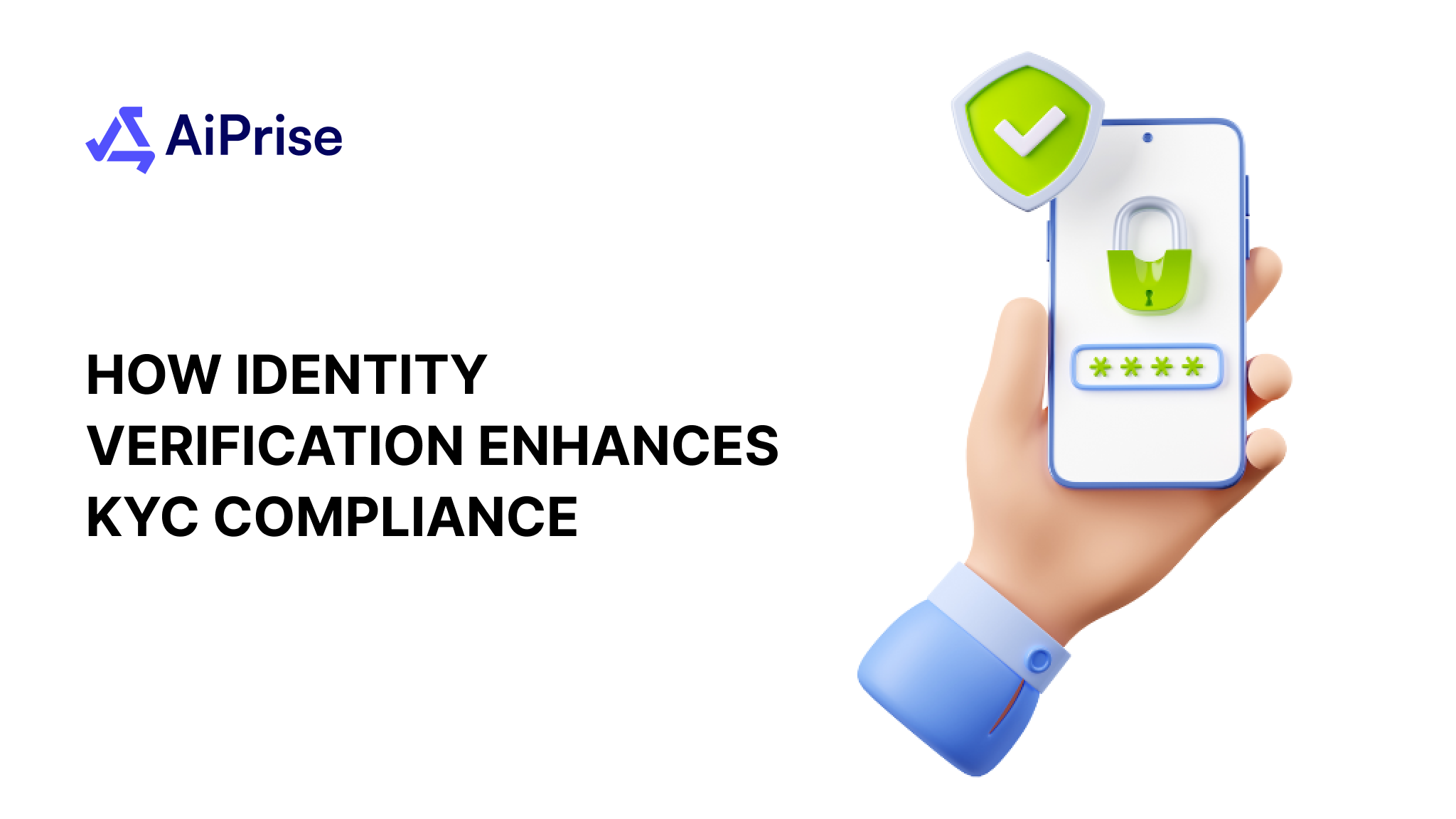
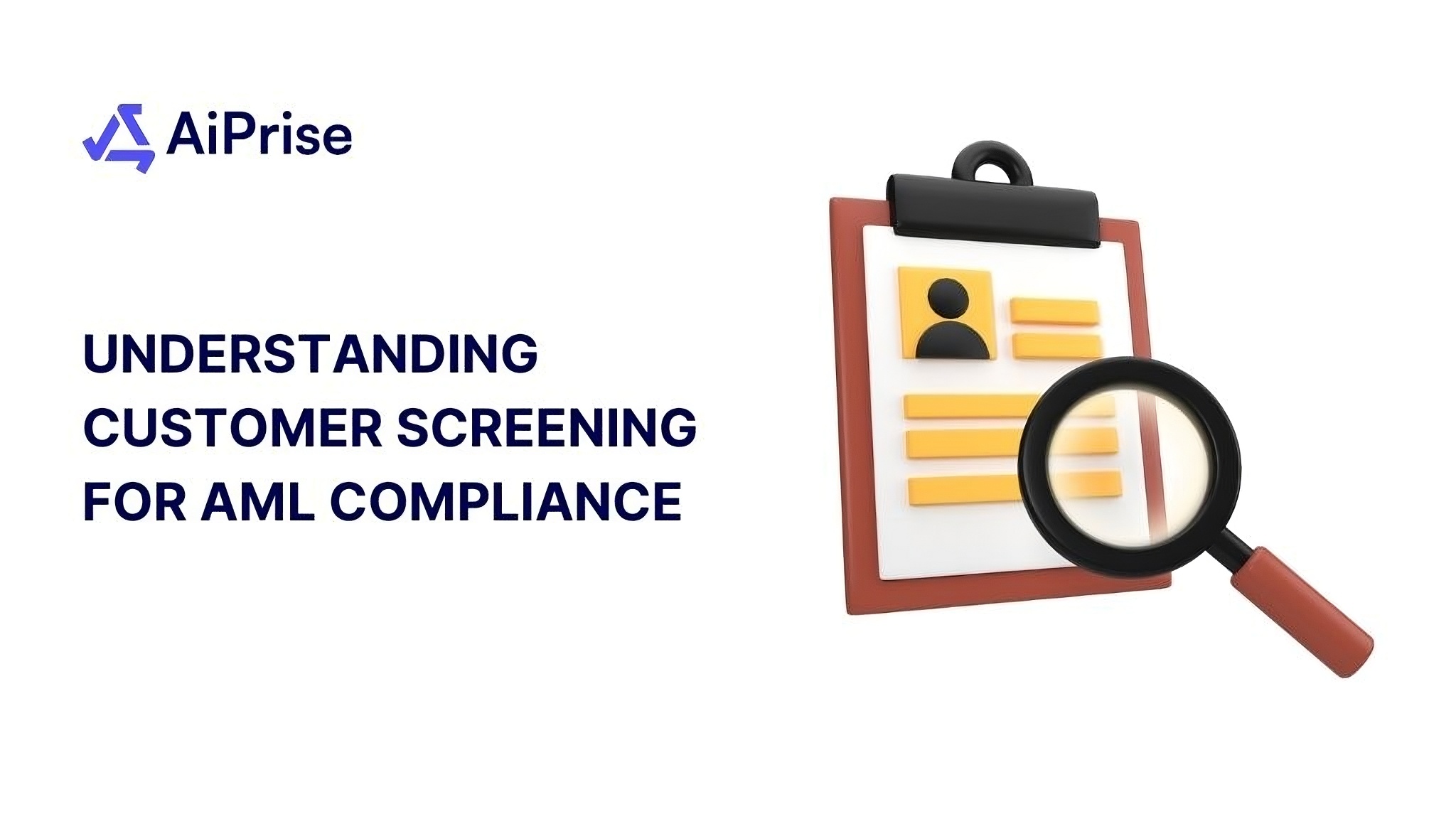

.png)


.png)
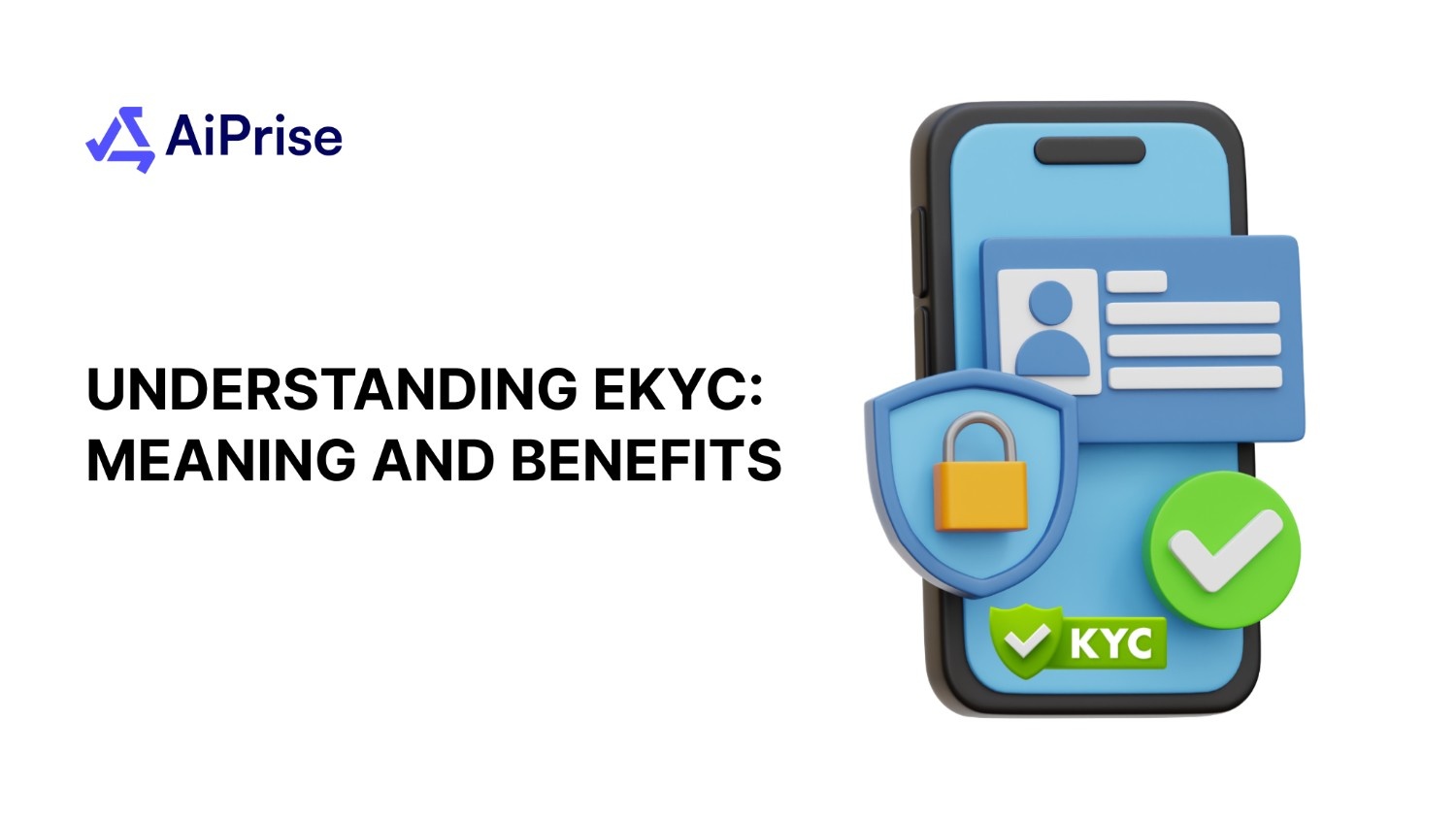
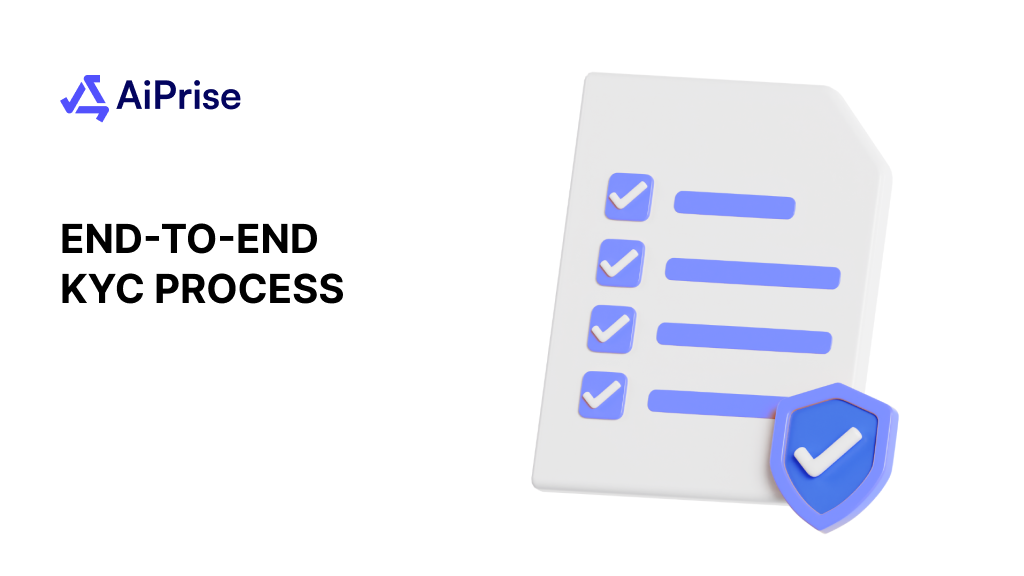

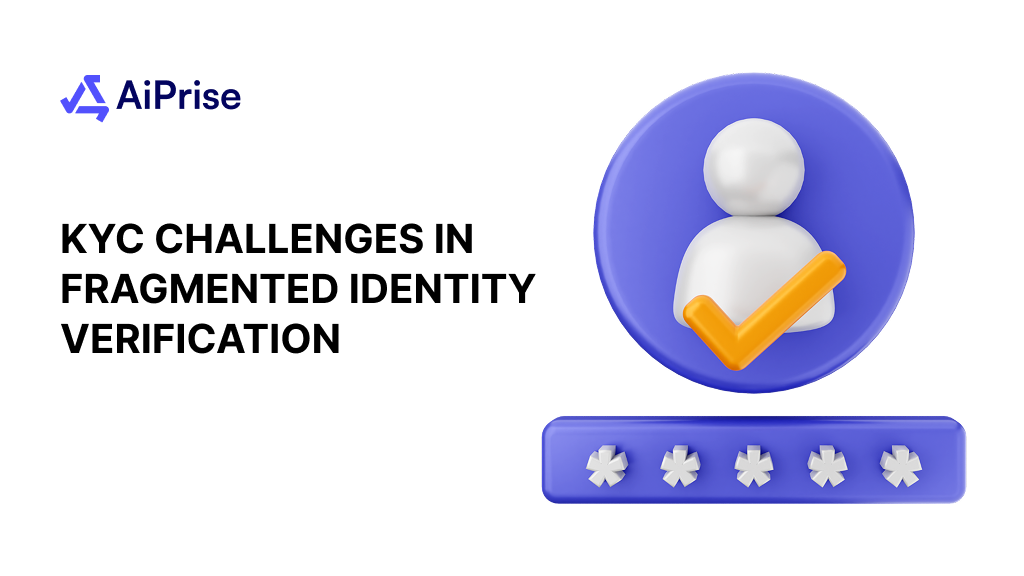

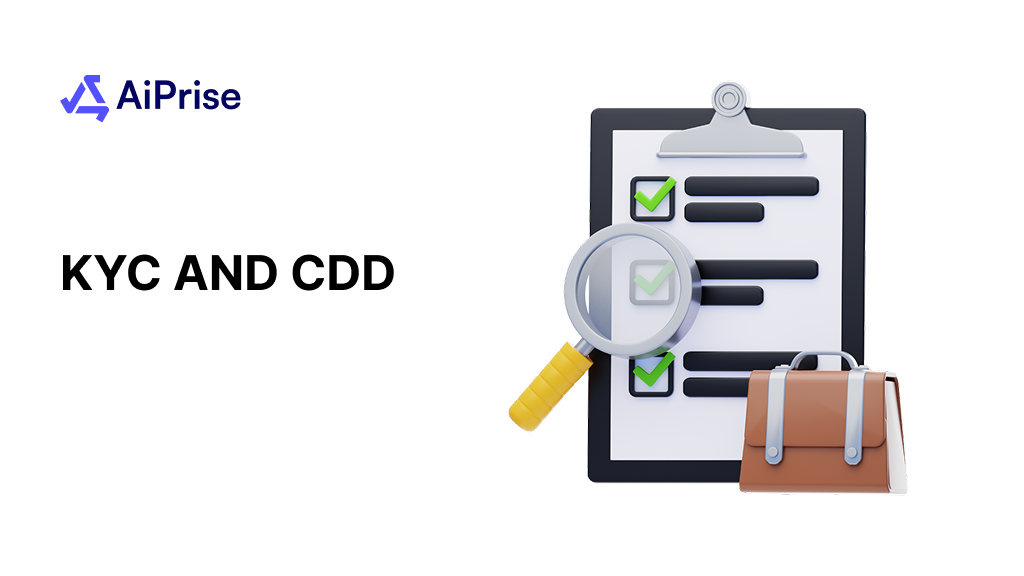










.png)





